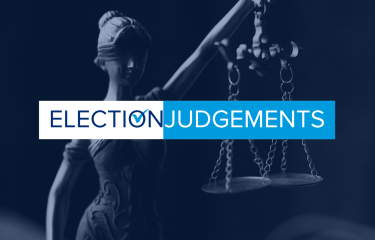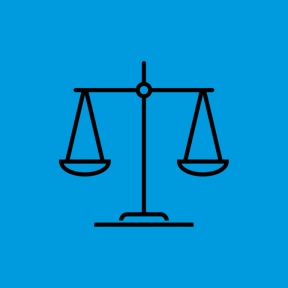
Conclusion and Recommendations
The selected case law presented in this paper demonstrates that courts and individual judges are increasingly being asked to rule on issues of incendiary and misleading content relating to elections, as well as being caught up in direct attacks under wider disinformation campaigns. At the institutional level, attacks on the judiciary aim to undermine public trust in the election process.
Reforms are needed. Court administration reform can often be complex, requiring new ways of working, budgets, information technology capacity, and court officers. Nevertheless, as the threat to judiciaries from disinformation campaigns grows, it will become increasingly vital for courts to be able to institute strategic reform plans to respond to emerging threats and train judges, magistrates, and judicial officers to address these threats.
The case law analysis has also shown that, despite the absence of internationally recognized definitions of disinformation, the courts have been able to assess the evidence brought before them and balance protecting free speech rights with potential harm to public interest during elections.
Nevertheless, caution is needed. As the analysis above sets out, many countries have passed legislation imposing various restrictions on freedom of speech around elections. In an era of democratic backsliding and rising autocracy, it is likely that such tendencies could increase. Lawyers have become more involved in disinformation attacks around electoral processes both in and out of the courtroom. Protecting the space for citizens to enjoy their freedoms of expression and to participate in free and fair elections will likely be a continuing theme that many judiciaries will need to examine.
Based on our analysis of selected cases, we make the following five recommendations for judiciaries and EMBs:

Institutional reforms are required to protect both the judiciary as an institution and individual judges from attacks.
Courts should review their institutional frameworks to identify the necessary reforms for them to adopt strategies, design and train judges and staff, develop information technology tools to counter disinformation campaigns, and provide direct support to judges as individuals. The Brazilian Inform, Enable, Respond strategy presents a useful framework for courts to consider when designing their approaches. We recommend that courts share lessons on reform approaches and gather evidence about the effectiveness and impact of such reforms.
Current legal frameworks have enabled the courts to respond to disinformation campaigns brought before them. Judges should continue to compile case law and share the approaches and criteria they use to balance citizens’ rights. Legal professionals and academics can also assist with comparative case law analysis. Such an approach can help develop clearer jurisprudence for use at the national level.

Courts should look at the growing number of procedures or policies implemented at home and around the world to enable them to rule quickly on cases of disinformation to maintain public trust in the electoral process.
Judges should continue to compile case law and share the approaches and criteria they use to balance citizens’ rights. Legal professionals and academics can also assist with comparative case law analysis. Such an approach can help develop clearer jurisprudence for use at the national level.

Courts should look at the growing number of procedures or policies implemented at home and around the world to enable them to rule quickly on cases of disinformation to maintain public trust in the electoral process.
Courts can engage in peer-to-peer exchange by joining practitioners’ networks or connecting with election judges in their countries or regions to share their experience countering disinformation in elections. Courts should also consult with relevant national institutions, including EMBs, other independent bodies (e.g., human rights commissions, media regulation agencies), the police, and cyber bureaus about challenges with disinformation and measures taken. Such measures can include initiating dialogue with civil society organizations to increase understanding of the role of courts or modernizing the judiciary’s function by holding public hearings to enhance trust.

Lawyers should understand their professional ethics and obligations and be held accountable in frivolous lawsuits.
Legal professionals should review their codes of conduct or ethics rules and draw lessons from recent jurisprudence and sanctions imposed against litigants and lawyers. Courts, EMBs, and other relevant stakeholders should engage with lawyers, candidates, and parties prior to the elections to bring awareness of potential sanctions and impacts on the elections and conduct training on ethics rules.

Election judges and magistrates should engage in dialogue with social media platforms ahead of elections to create direct communication.
It is crucial to enhance cooperation to quickly access evidence and remove harmful content if the adjudication bodies find it to be in violation of election laws or rules, as experienced in Costa Rica.



